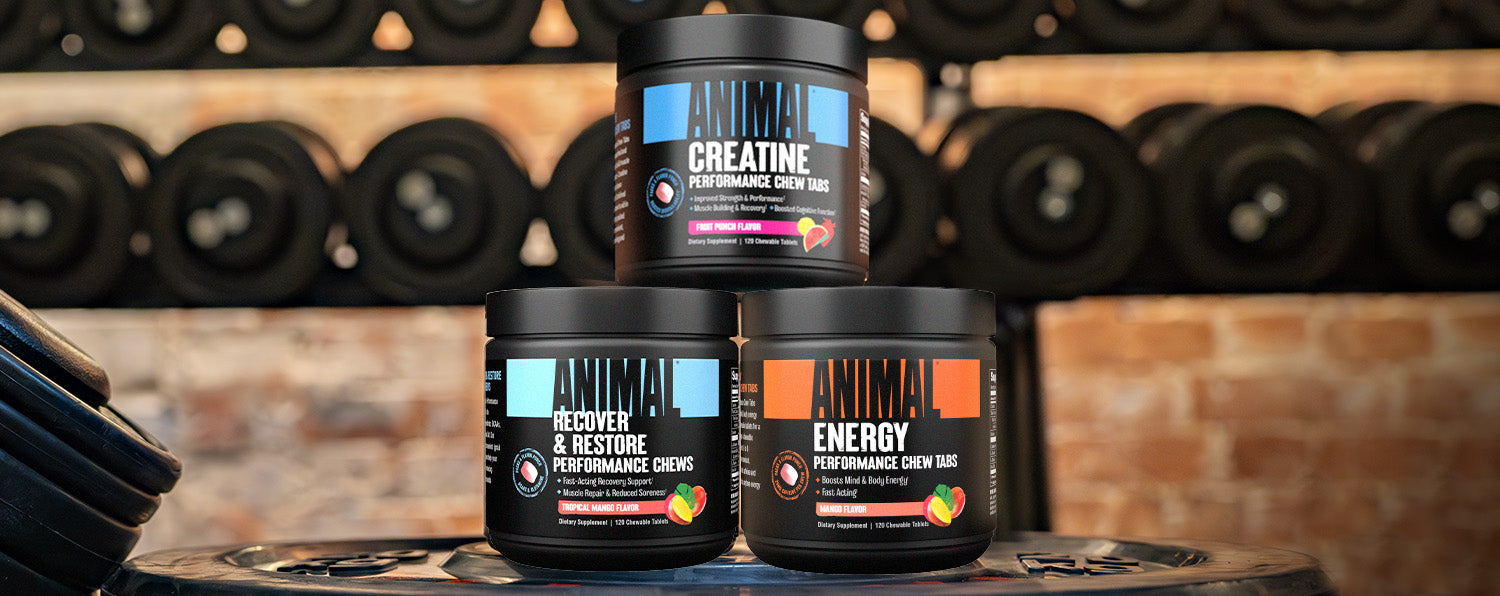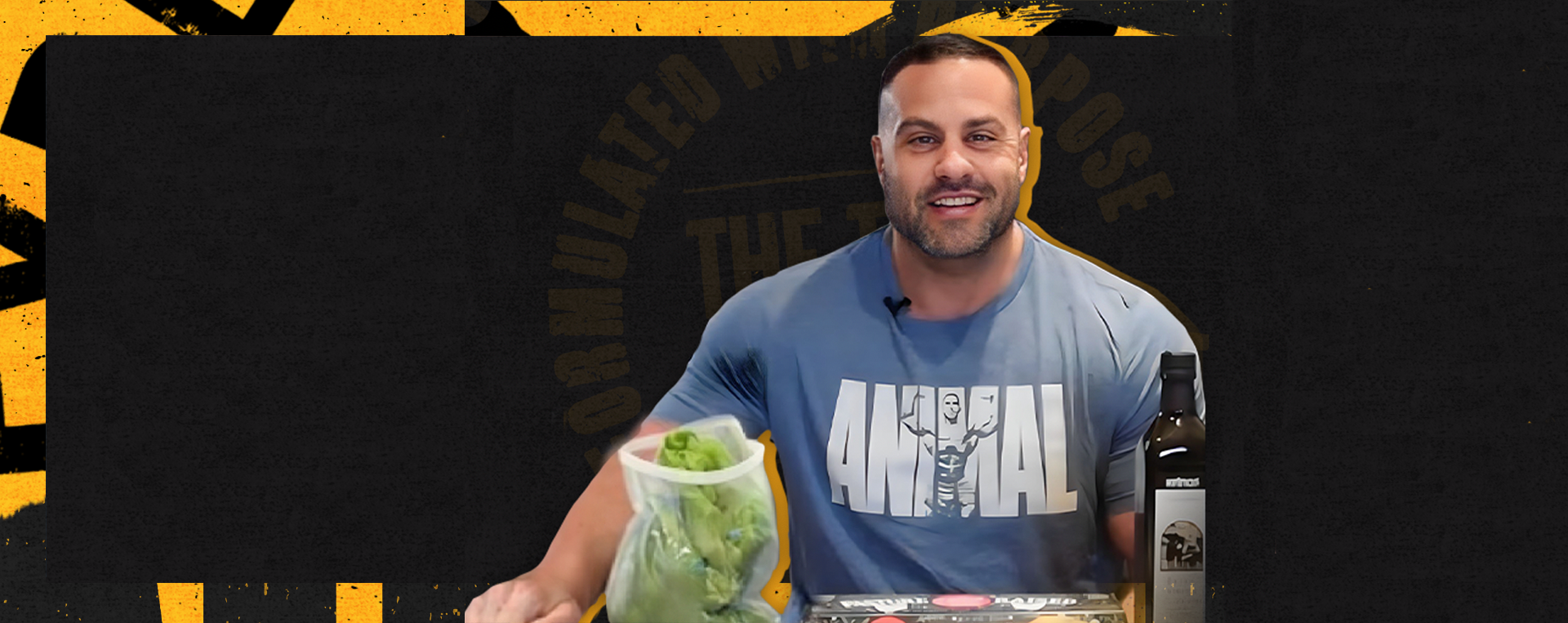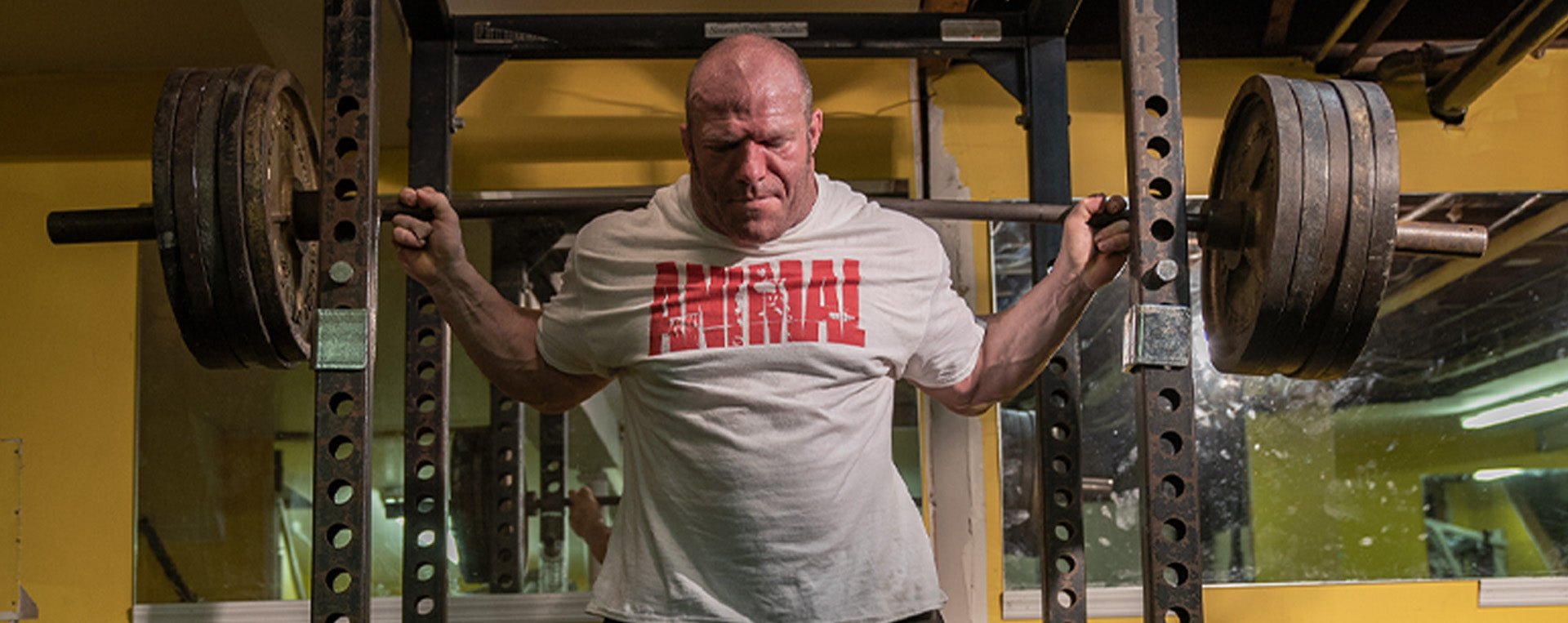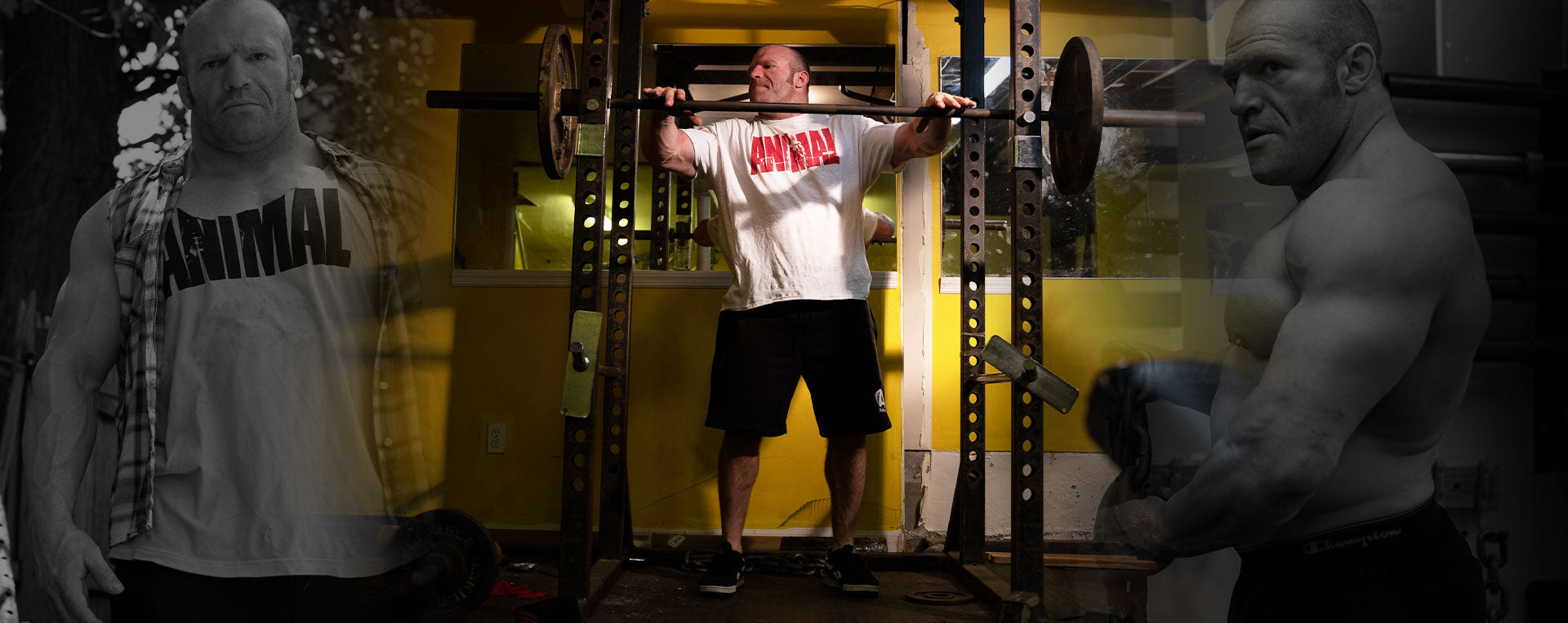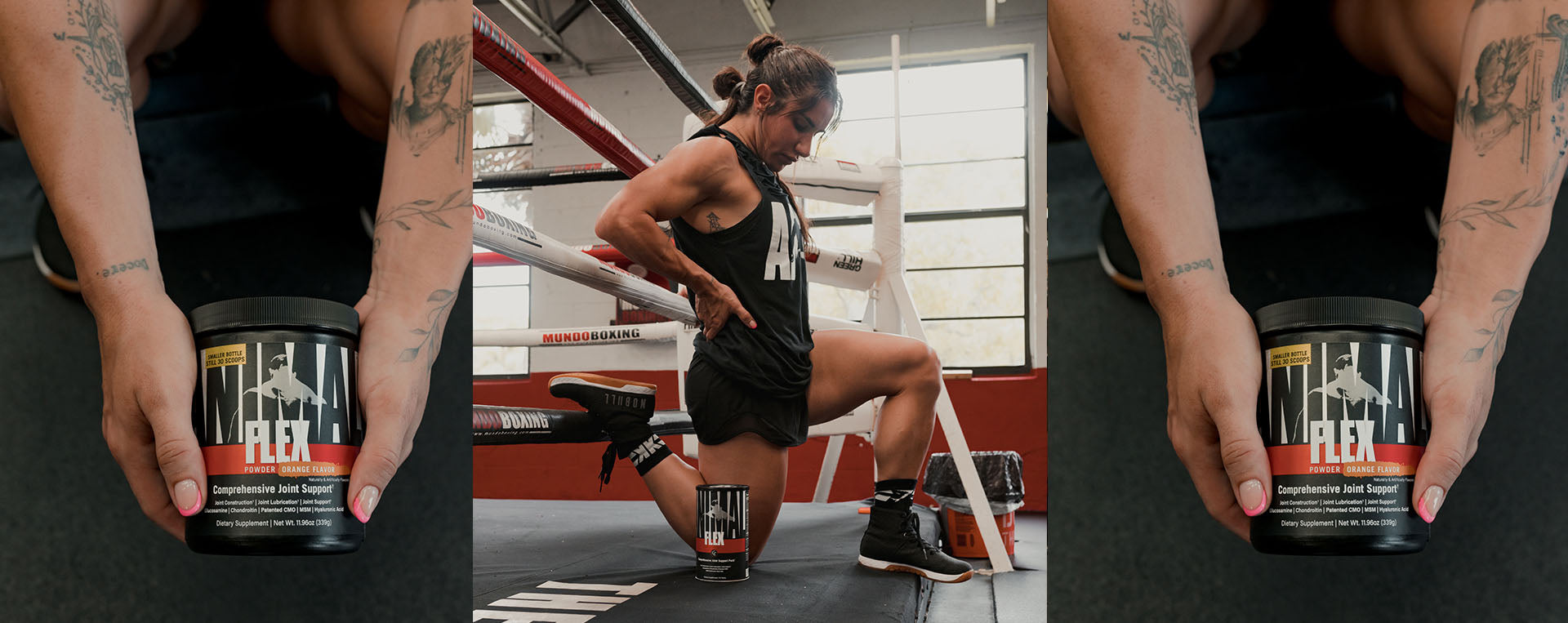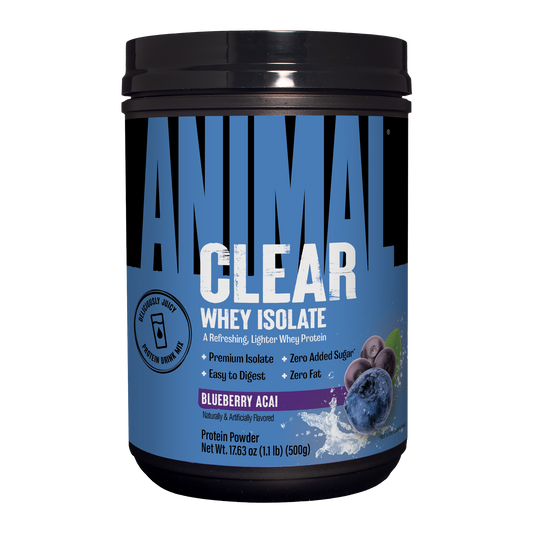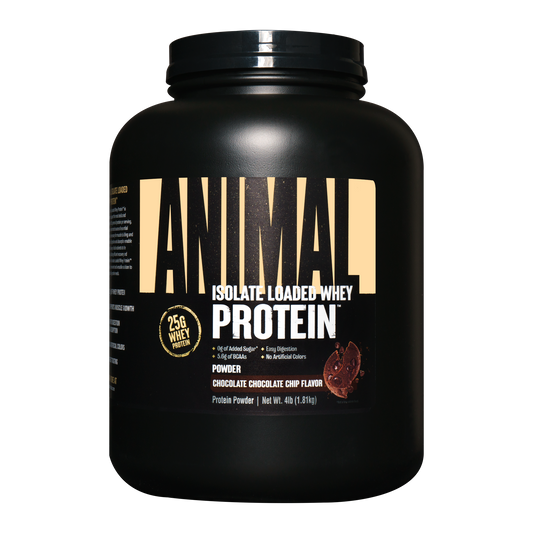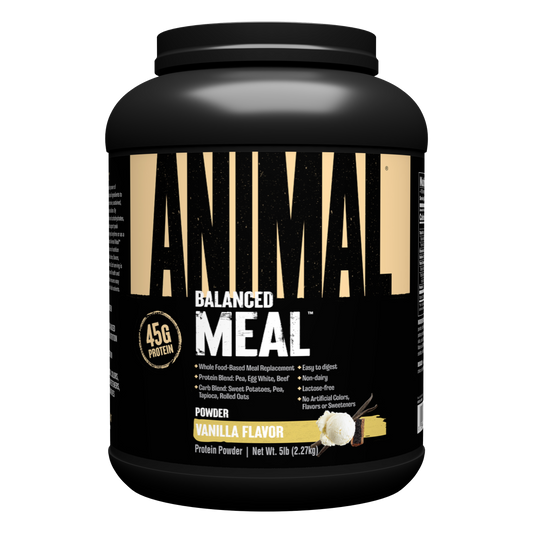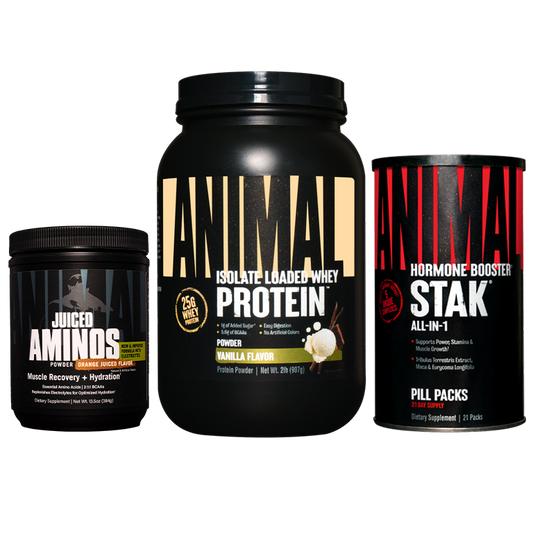https://www.youtube.com/watch?v=O6ciPGzenRc
It was through my first travel experience – living in Florence, Italy for 4 months during college – where I realized that my favorite place to visit in any city is their central market. During a week long rail trip through several countries throughout Europe, I found myself heading for each city's central market as soon as I stepped off the train. While it started out as fulfilling a basic need (finding something to eat), it soon became much more than that. And while I can't recall ever finding anything so unique or exotic in these markets that couldn't be found in most places, there were so many times that I have been blown away by the sheer variety and abundance of high quality food.
Marketplaces are my downright favorite, but grocery stores and street food vendors take a close second and third respectively. Why? On the one hand, food is useful for every single one of us: to provide nourishment, keep us healthy, and keep us alive. For this reason, food is a way for two people of any culture, no matter how different, to find common ground. Food also serves as a way to reinforce unity among people. On the other hand, food may be one of the most important ways in which we express our individuality; that can mean anything from personal taste to ideological values. Sustenance, individuality, and unity are three seemingly unrelated notions that have everything to do with each other in my opinion. A city's central market is therefore a proving ground for this belief.
After last year's Arnold Australia, I made the two block trip from my hotel to Melbourne's Queen Victoria Market. When you spend 4 months getting ready for a bodybuilding competition and then wake up the morning after, you quickly realize that you can eat whenever and whatever you'd like. This is a luxury that you don't have in a prep. Sometimes, with all this extra freedom comes the question: "What should I do first?" My answer was simple – hit the market.
Queen Victoria Market is well over 100 years old and is very much a landmark in Melbourne. There is a large outdoor area consisting of tons of fresh produce with items such as eggs, dairy, nuts, and various grains sprinkled in here and there. Inside, there is a large area for cured meats, cheeses, honey, juice bars, and the occasional eatery. In yet another space, purveyors showcase quality seafood, poultry, and meat. In short, the place is jam packed with everything from the familiar to the exotic, from domestically grown bananas to large pig heads. Yeah, this is my kind of place.
By now, you may be asking yourself, "So what?" For starters, as a person who sees food as the means to build a healthier, stronger, and bigger physique, I resent the fact that a market with such a variety of high quality products doesn't exist in my own back yard. I saw so many good "materials." In the fresh papaya for example, I immediately thought of my digestion. The massive amount of reasonably priced fresh seafood made me think about how much more fish I might consume (a bodybuilder buying 20-30 lb of fish at a time carries some serious bargaining power with fishmongers willing to battle for your business). Do I actually like fish? Of course. But, again, I now see food through a nutritional lens. I always measure its potential to benefit me and use its consumption as an opportunity to support my goals. Good food is an opportunity.
Walking through the market, it's easy to end up in conversations with people. The vendors want to sell you their stuff and many of them make you feel as if they know you. Granted, in the past 3 years I've visited the market as many times and have made a couple of friends who, surprisingly, remember me. A familiar face is always nice to see. Of course, there are vendors who don't care about anything but making a buck and will sell imported products about which they know little.
In contrast, there are plenty of vendors who are committed to and passionate about selling domestically grown/harvested products whose history is known. A person who views food as a means to a healthier and better body should be interested in where it comes from and how it was grown/harvested as far as I'm concerned. My reasons for thinking about food this way also leads me to ask questions and oftentimes discover that others feel the same as I do, though not always for the same reasons.
For example, if you're a fruit vendor in Melbourne with ties to a farm somewhere in Australia, you'll feel very strongly about other vendors who import those same products you go to great lengths to procure domestically. Even though you probably have to pay more for your goods and sell them at a smaller margin to remain competitive, your standards dictate that you support your fellow communities, as well as your domestic economy. I can really respect that. That aside, many feel strongly about the quality of goods they sell. When another person's ideologies jive with mine, whether it's intentional or not, direct or not, I find an opportunity to make a friend – or, at the very least, an acquaintance with whom I can see eye to eye.
At home, I've found myself shying away from supermarket chains when possible in favor of private or family-owned establishments; places where I can ask questions, get answers and establish meaningful relationships. When I do go to the grocery store, I find myself most focused on food instead of food products. Markets are heavy on food and light on food products; this happens to suit my nutritional needs and philosophy.
For all of you reading this, I recommend shopping like you're at a market even if you're just at the grocery store. How? Stick to the perimeter of the store and fill your cart with fruits, vegetables, meats, fish, nuts, and grains. With the exception of a bottle of hot sauce here or a tub of oats there, there isn't even a reason to go down the middle aisles. Try going to a different grocery store; various ethnic groups have stores containing foods from their home countries. Whether it's papaya at a Spanish food store, homemade sauerkraut at an Eastern European store, or unique green vegetables from an Asian store, it's exciting and beneficial to get out and see what other people are eating that might be of benefit to you.
Good food is opportunity. I’ve said it before and I’ll say it again. Therefore, seeking out good food is equivalent to seeking opportunity. Obviously, high quality food can serve to not only sustain us, but also help us bolster our health. For those of us seeking size and strength, this is apparent. What is less apparent is that in our search for quality food, we not only benefit ourselves, but also support individuals who insist on certain standards. That's an opportunity for unity. So get out there, try something new, and ask questions. Should you ever find yourself abroad, remember – follow the locals.










